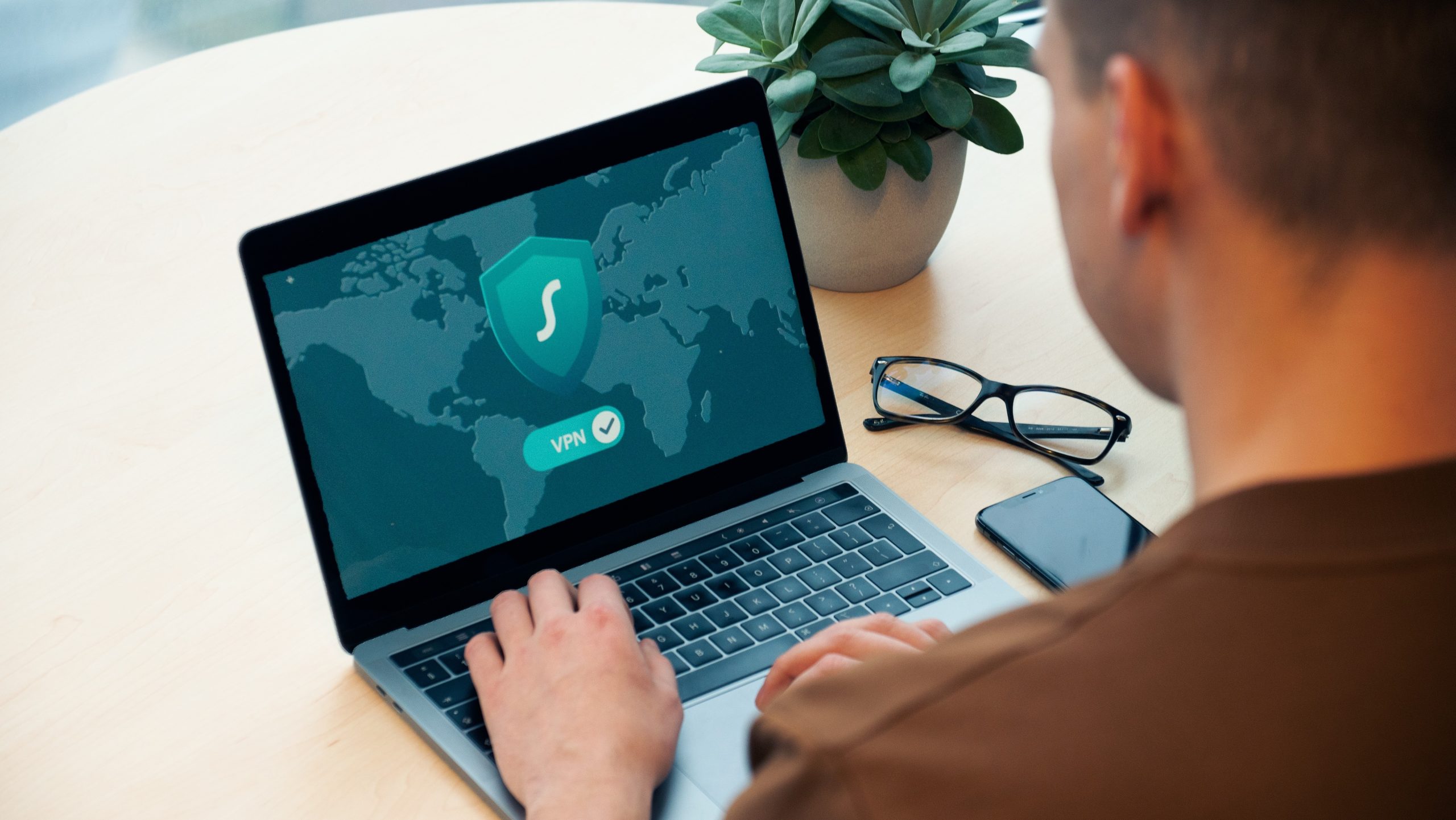Every day, millions of internet users share sensitive information across various platforms, often without considering the safety of their network connections. Understanding how to protect these connections is crucial, especially for home internet users who might need more robust security measures than large organizations do.
This article aims to guide you in assessing the safety of your network and explain why using a Virtual Private Network (VPN) is vital for your online security.

What is a safe network?
You can’t protect something you don’t understand. So, first, let’s look at what it means for a network connection to be “safe.” A secure network connection:
- Protects your data from unauthorized access or hacking.
- Keeps your online activities private.
- Ensures that your data isn’t being improperly tracked or logged.
To check if your network is safe, find answers to the following questions:
- Does your Wi-Fi network use WPA3 encryption, the latest security standard?
- Do you have strong, unique passwords for both your Wi-Fi network and router admin settings?
- Is your router’s firmware up to date?
Yet, ensuring the security of your devices goes beyond just network measures. One common recent threat Mac users may encounter is Search Marquis, a browser hijacker that can significantly compromise your online safety. Knowing how to uninstall Search Marquis on Mac is an important step in protecting your device from such threats.
Significance of a VPN in network security
A VPN service is a powerful tool for achieving network security. It creates a private network from a public internet connection, masking your internet protocol (IP) address so your online actions are virtually untraceable. VPNs are mainly recommended for public, unsecured networks. However, because a VPN establishes secure and encrypted connections, it provides greater privacy for even a secured home network.
Why use a VPN?
A VPN comes with several notable benefits, many of which are related to improving security. But there are also some perks that go beyond network safety:
- Privacy from ISPs: Your Internet Service Provider (ISP) can see everything you do online if you’re not using a VPN. With a VPN, your data is encrypted, preventing your ISP from monitoring your activities. It’s not that ISPs are evil. Most of them just want to gather data that helps them understand customer behavior. But, if you’re serious about security, a VPN will take care of that for you.
- Security on public Wi-Fi: As already mentioned, public Wi-Fi networks, like those at coffee shops or airports, are notorious for their lack of security. Using a VPN on these networks encrypts your data, keeping it safe from hackers who might be on the same network.
- Accessing geo-restricted content: Now comes the fun part. VPNs can help you access restricted content in your country by allowing you to appear as if you’re connecting from a different location. That means more TV shows, sporting events, and even cheaper plane tickets!
Choosing a Reliable VPN Service
If you notice that your network is unsafe, it might be time to consider downloading a reliable VPN service to streamline the process toward a secure network. Choosing the right VPN is crucial, as not all are cut from the same cloth. Here are the key criteria to consider:
Security and privacy features
A reliable VPN needs to have strong encryption. Look for services offering AES-256-bit encryption – the most secure encryption algorithm available today. A no-logs policy is also mandatory, ensuring the VPN service doesn’t keep logs of your online activities. Most free VPNs keep customer data to make a profit, so it might be worth investing in a paid subscription.
Another neat security feature of reputable VPNs is a kill switch. This feature cuts your internet connection if the VPN drops, keeping your data safe.
Speed and performance
No matter how secure a VPN is, if its performance is slow and unresponsive, it’s close to unusable. A good VPN should have minimal impact on your internet speed, regardless of which server you connect. You should also avoid VPNs that limit your data usage. This VPN comparison table on Reddit can help you evaluate your options regarding speed, performance, and many other properties.

Server locations
You should generally avoid VPNs that have very few server locations. More servers mean you’re more likely to have a fast and reliable connection. This is particularly important if you’re looking to bypass geo-restrictions.
Customer support and price
While it’s best to avoid free VPNs because of their compromises on security and speed, ensure the service you pay for provides good value for the price. A big part of the value is having reliable support. Look for 24/7 customer support in case you encounter issues.
Conclusion
Understanding the risks and securing your home network with a reliable VPN is key to maintaining online privacy and safety. Remember, your digital security is in your hands – stay vigilant and select your security tools carefully.
